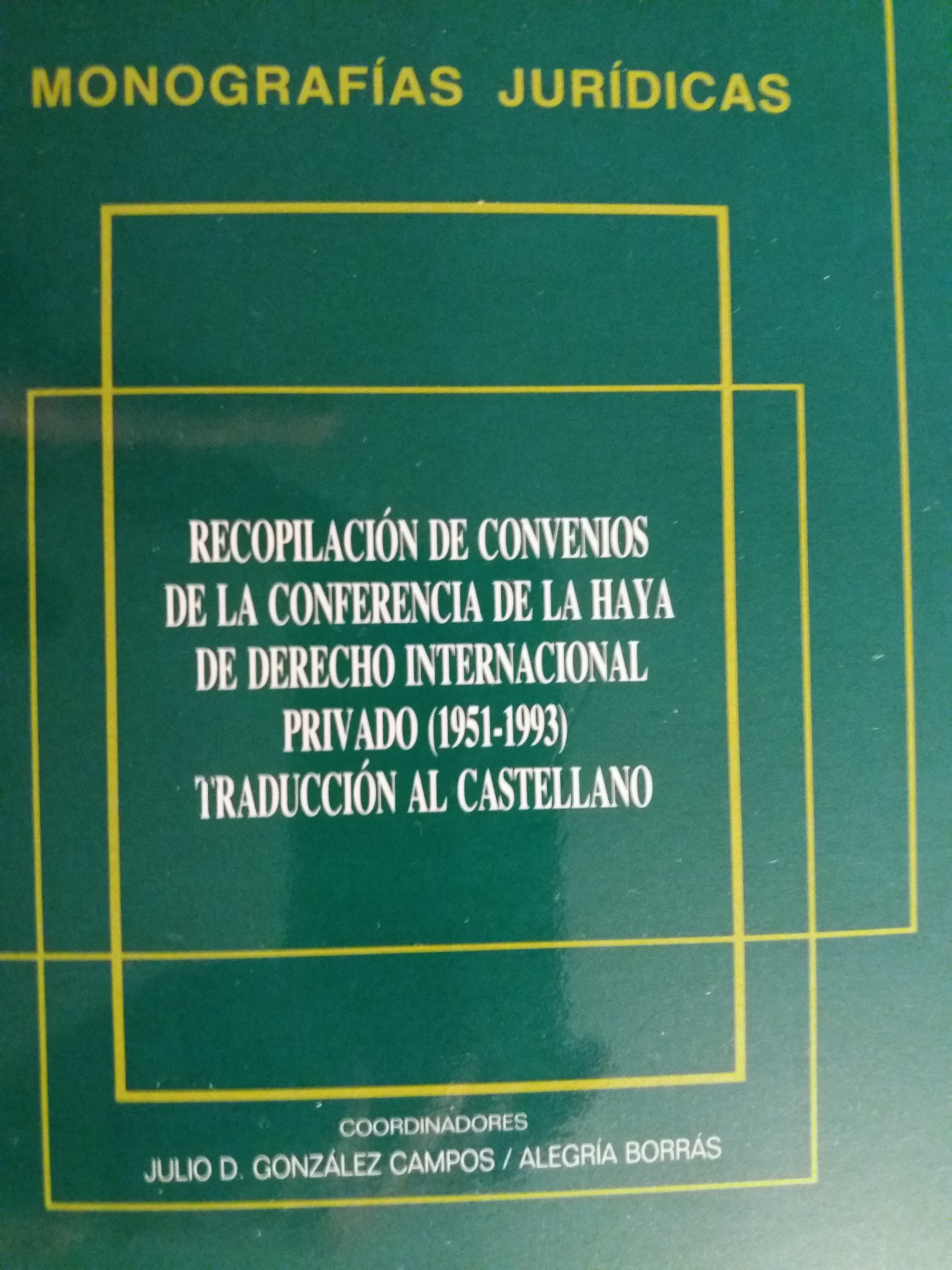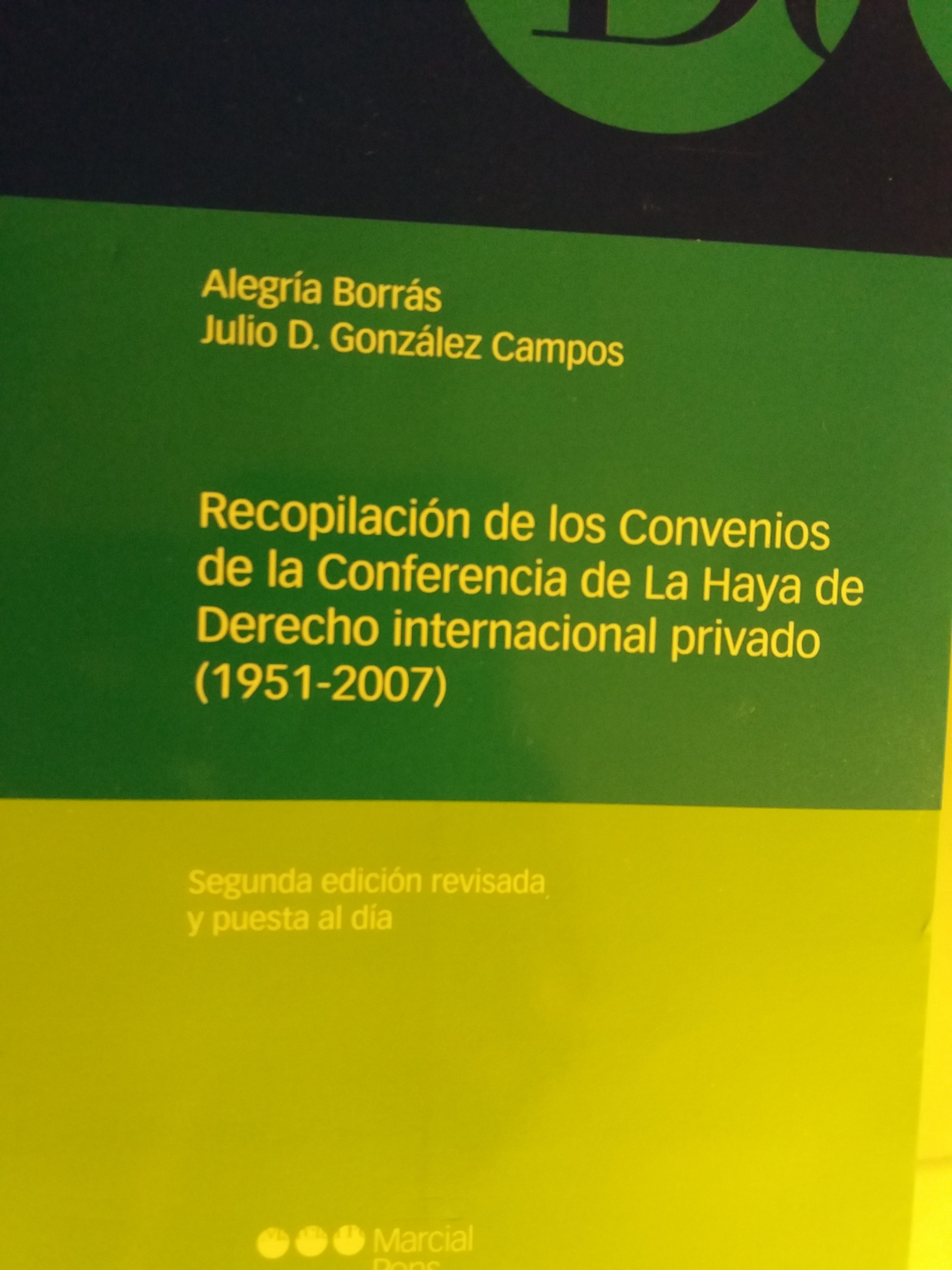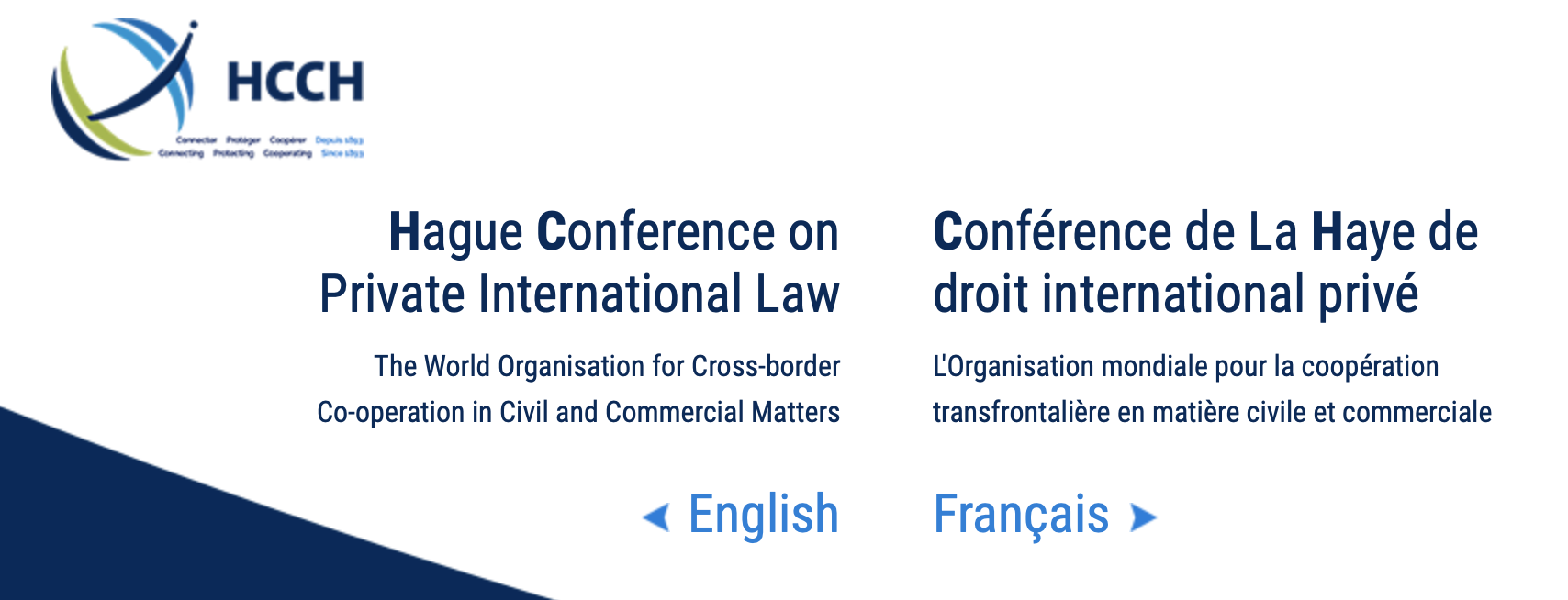Views
Bob Wessels, International Insolvency Law: Part II European Insolvency Law, 4th edition 2017, Wolters Kluwer
Written by Lukas Schmidt, Research Fellow at the Center for Transnational Commercial Dispute Resolution (TCDR) of the EBS Law School, Wiesbaden, Germany
With International Insolvency Law Part II having been published, Bob Wessels’ 10 volume series ‘Insolventierecht’ (Insolvency Law) is now completed in its 4th edition. The publication comprehensively deals with the European Insolvency Regulation Recast as entered into force on 26 June 2017, while International Insolvency Law: Part I Global Perspectives on Cross-Border Insolvency Law, already published at the end of 2015, covers the core concepts of Cross-Border Insolvency Law, other regional frameworks than the EIR and relevant instruments of soft law. Read more
Deference to Foreign Sovereign Submissions
As previously reported here, the United States Court of Appeals for the Second Circuit issued a decision in 2016 reversing a $147.8 million price-fixing judgment against two Chinese manufacturers of Vitamin C. The plaintiffs alleged that the Chinese manufacturers engaged in price fixing and supply manipulation in violation of U.S. antitrust laws. In its first ever appearance as an amicus before a U.S. court, the Chinese government filed a formal statement asserting that Chinese law required the Chinese manufacturers to set prices and reduce the quantities of Vitamin C sold abroad. Relying on this statement, the Second Circuit held that because the Chinese manufacturers could not comply with both Chinese law and the U.S. antitrust laws, principles of international comity compelled dismissal of the case.
This case raises a host of interesting questions. First, did the Second Circuit reach the right result? Second, is this a comity case or a foreign sovereign compulsion case? Third, what level of deference is due to a foreign sovereign that appears in private litigation to explain their country’s laws? Fourth, should U.S. judges defer to such an explanation?
In June 2017, the United States Supreme Court called for the views of the United States. This past Tuesday, the Solicitor General (SG) filed this brief in response to the Court’s order.
In this submission, the SG explains that the Court should grant review of the Second Circuit’s decision in order to review the court of appeals’ holding that the Chinese government’s submission conclusively established the content of Chinese law. According to the SG, “a foreign government’s characterization of its own law is entitled to substantial weight, but it is not conclusive.” The SG argues that the case warrants the Court’s review because “[t]he degree of deference that a court owes to a foreign government’s characterization of its own law is an important and recurring question, and foreign sovereigns considering making their views known to federal courts should understand the standards that will be applied to their submissions.”
Should the Court grant review, the question of what standard should be applied to foreign sovereign submissions will be key. This is a question I have explored here.
It will be interesting to see whether the Court accepts the SG’s request to review the Second Circuit’s decision.
Jurisdiction, Conflict of Laws and Data Protection in Cyberspace
Report on the Conference held in Luxembourg on 12 October 2017, by Martina Mantovani, Research Fellow MPI Luxembourg
On 12 October 2017, the Brussels Privacy Hub (BPH) at the Vrije Universiteit Brussel and the Department of European and Comparative Procedural Law of the Max Planck Institute Luxembourg held a joint conference entitled “Jurisdiction, Conflicts of Law and Data Protection in Cyberspace”. The conference, which was attended by nearly 100 people, included presentations by academics from around the world, as well as from Advocate General Henrik Saugmandsgaard Øe of the Court of Justice of the European Union. The entire conference was filmed and is available for viewing on the YouTube Channel of the Max Planck Institute Luxembourg (first and second parts) Read more
News
HCCH Internship Applications Now Open!
Applications are now open for three- to six-month legal internships at the Permanent Bureau’s headquarters in The Hague, for the period from July to December 2023!
Interns work with our legal teams in the areas of Family and Child Protection Law, Transnational Litigation and Legal Cooperation, and Commercial, Digital and Financial Law. Duties may include carrying out research on particular points of private international law and/or comparative law, taking part in the preparation of HCCH meetings and contributing to the promotion of the HCCH and its work.
Applications should be submitted by 31 March 2023. For more information, please visit the Internships Section of the HCCH website.

Spanish at the HCCH: An ode to professors Alegría Borrás and Julio González Campos
May today’s milestone (reported here) be also an ode to late professors Alegría Borrás and Julio González Campos for their absolute tireless efforts regarding the Spanish language at the Hague Conference on Private International Law (HCCH) and their infatuation with the Spanish language.
Let us remember that we are standing on the shoulders of giants.


Revolución! Hague Conference Adopts Spanish as Third Official Language



